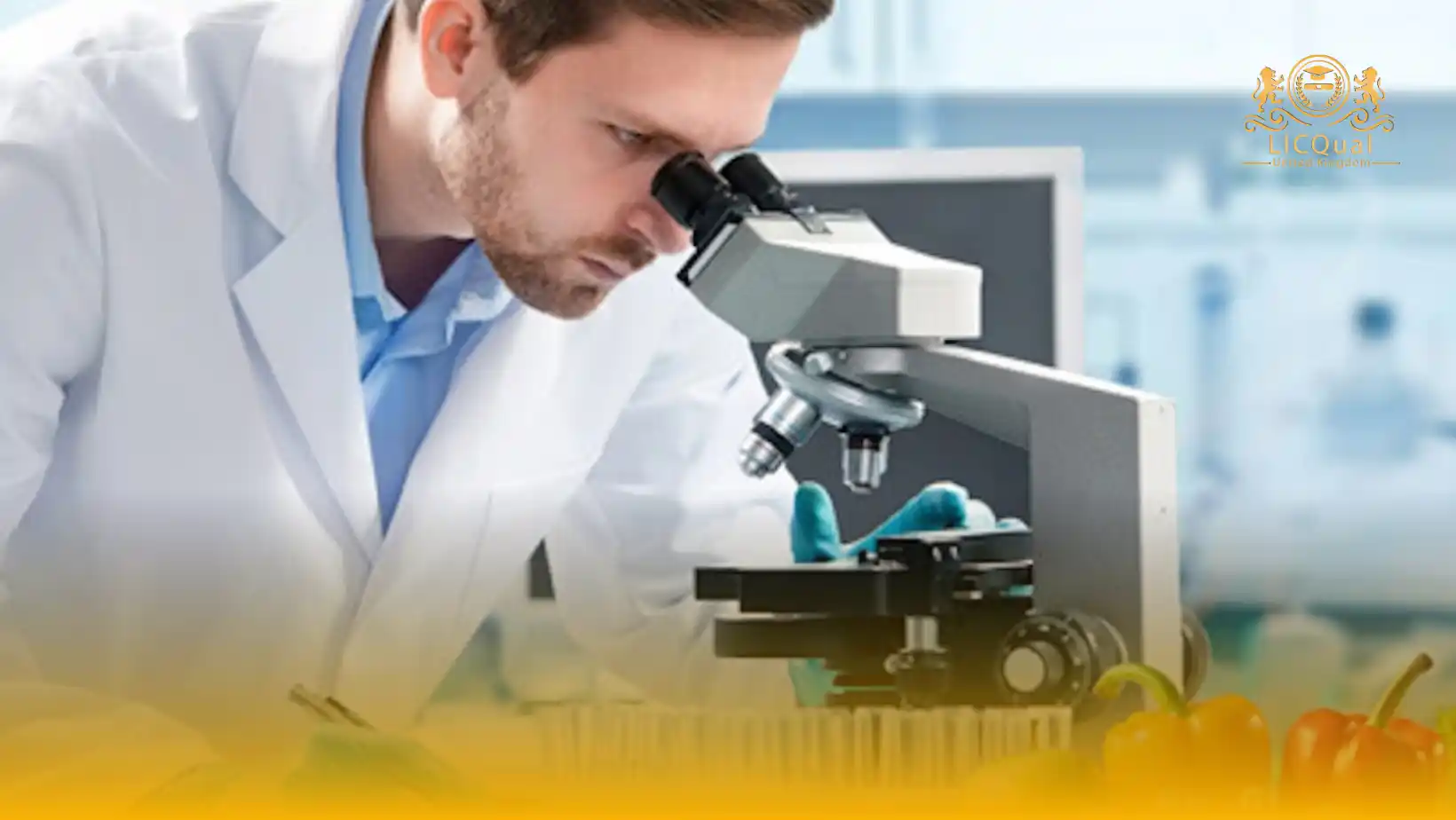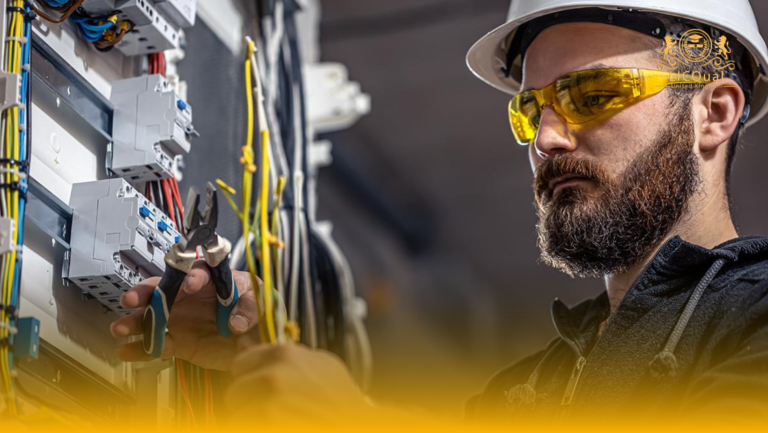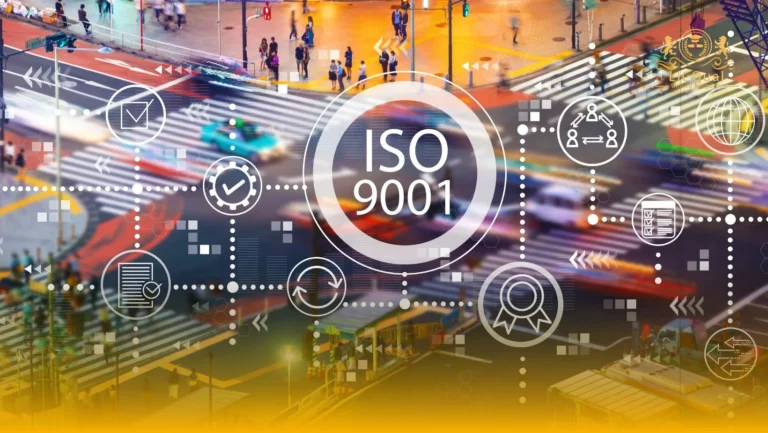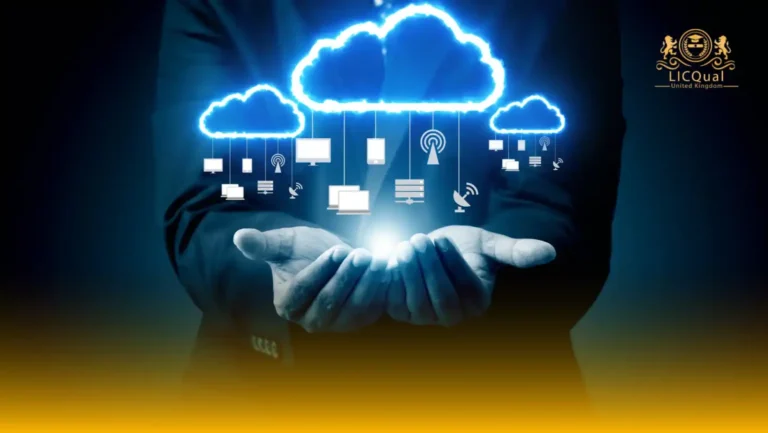In today’s competitive and highly regulated environment, laboratories must demonstrate their competence, accuracy, and reliability to ensure trust in their testing and calibration results. ISO/IEC 17025:2017 is the international standard that sets the requirements for the competence of testing and calibration laboratories. To maintain compliance and continually improve their quality management systems, organizations require skilled internal auditors who can effectively assess and enhance laboratory operations.
The ISO/IEC 17025:2017 Testing and Calibration Laboratories Internal Auditor Course is designed to provide participants with the knowledge and skills needed to conduct internal audits in accordance with ISO/IEC 17025:2017 requirements. This course equips professionals with auditing techniques, best practices, and methodologies to ensure that laboratories meet international standards.
This comprehensive course covers key aspects of internal auditing specific to ISO/IEC 17025:2017. It is suitable for laboratory personnel, quality managers, technical managers, and individuals responsible for implementing and maintaining laboratory accreditation.
The ISO/IEC 17025:2017 Testing and Calibration Laboratories Internal Auditor Course is an essential training program for professionals seeking to ensure quality and compliance in laboratory operations. By mastering internal auditing skills, participants will contribute to the continual improvement and accreditation readiness of their laboratories, ultimately enhancing their organization’s credibility and performance.
Course Overview
Qualification Title
LICQual ISO/IEC 17025:2017 Testing and Calibration Laboratories Internal Auditor
Total Units
6
Total Credits
40
GLH
120
Qualification #
LICQ2200119
Qualification Specification
To enroll in the LICQual ISO/IEC 17025:2017 Testing and Calibration Laboratories, applicants must meet the following criteria:
|
Qualification# |
Unit Title |
Credits |
GLH |
|---|---|---|---|
|
LICQ2200119-1 |
Introduction to ISO/IEC 17025:2017 |
8 |
24 |
|
LICQ2200119-2 |
Management Requirements in Laboratory Quality Systems |
8 |
24 |
|
LICQ2200119-3 |
Technical Requirements for Testing and Calibration |
6 |
18 |
|
LICQ2200119-4 |
Conducting the Internal Audit |
6 |
18 |
|
LICQ2200119-5 |
Internal Auditing Principles and Techniques |
6 |
18 |
|
LICQ2200119-6 |
Corrective Actions and Continual Improvement |
6 |
18 |
By the end of this course, learners will be able to:
1. Introduction to ISO/IEC 17025:2017
- Understand the purpose and scope of ISO/IEC 17025:2017 in laboratory quality management.
- Explain the key principles and structure of the standard.
- Identify the benefits of accreditation under ISO/IEC 17025:2017.
- Describe the key differences between ISO/IEC 17025:2005 and the 2017 revision.
2. Management Requirements in Laboratory Quality Systems
- Define the management responsibilities in a laboratory quality system.
- Explain the importance of impartiality and confidentiality in laboratory operations.
- Understand document control and record-keeping requirements.
- Describe risk-based thinking in laboratory management.
3. Technical Requirements for Testing and Calibration
- Identify key technical requirements of ISO/IEC 17025:2017 for laboratories.
- Explain factors affecting the validity of test and calibration results.
- Understand equipment calibration, verification, and maintenance procedures.
- Describe the importance of measurement uncertainty and traceability.
4. Conducting the Internal Audit
- Define the purpose and objectives of internal audits in laboratory quality management.
- Explain the audit process, including planning, execution, and reporting.
- Identify key audit criteria and methods for evaluating compliance.
- Understand the roles and responsibilities of internal auditors.
5. Internal Auditing Principles and Techniques
- Explain the principles of effective internal auditing in laboratories.
- Describe different auditing techniques and approaches.
- Develop audit checklists and reporting templates.
- Identify common challenges and best practices in internal audits.
6. Corrective Actions and Continual Improvement
- Explain the process for identifying and addressing non-conformities.
- Understand the root cause analysis techniques for problem-solving.
- Describe the importance of continual improvement in laboratory quality management.
- Develop corrective and preventive action plans to enhance compliance.
This diploma is ideal for:
Assessment and Verification
All units within this qualification are subject to internal assessment by the approved centre and external verification by LICQual. The qualification follows a criterion-referenced assessment approach, ensuring that learners meet all specified learning outcomes.
To achieve a ‘Pass’ in any unit, learners must provide valid, sufficient, and authentic evidence demonstrating their attainment of all learning outcomes and compliance with the prescribed assessment criteria. The Assessor is responsible for evaluating the evidence and determining whether the learner has successfully met the required standards.
Assessors must maintain a clear and comprehensive audit trail, documenting the basis for their assessment decisions to ensure transparency, consistency, and compliance with quality assurance requirements.







